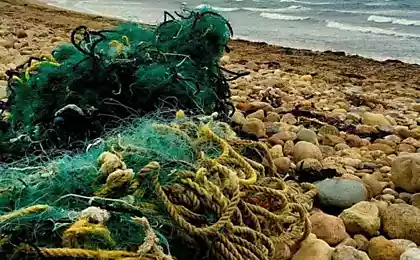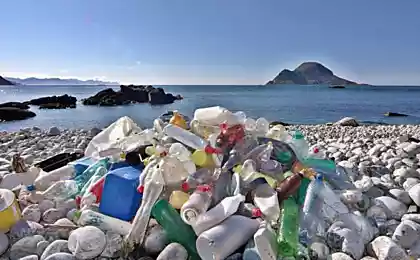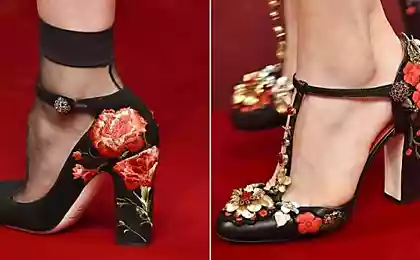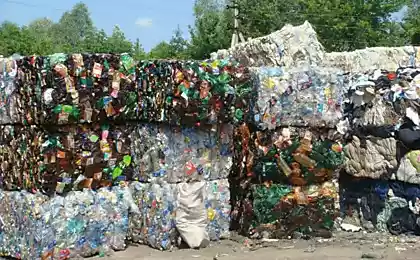145
Shoes made of plastic waste or what each of us leaves behind
The undeniable fact is that the new pair from Nike’s latest collection will end up in a landfill. That's a heartbreaking thought for your wallet, isn't it?
But there's good news, at least for sneakers. “Everything you buy is garbage” is the name of a new project that collects garbage on the shores of the United Kingdom, such as the banks of the Thames, to create new shoes from waste.
Facepla.net magazine has repeatedly talked about the global problem of plastic waste pollution – they end up in drains, seas and oceans, form entire islands of waste or pollute sea shores, in one way or another causing irreparable harm to marine mammals and the environment.
It's a problem all over the world, and three students at the University of London took notice of it in their own way. They created a project to show the negative impact of plastic on the environment.
Students Charles Duffy, William Gubbins and Billy Turvey developed the idea for the project. “Thrown away in the trash or on the oceanshore, everything you buy will inevitably end up being trash. With the advent of plastic, there were utopian promises that this revolutionary material would change our lives. But now plastic is everywhere around us, and the consequences of its presence are increasingly difficult to eliminate.
As part of their project, the young guys collected all kinds of garbage from local beaches and dumps, and created colorful stylish shoes. First, students sort their collection of plastic by color, and then melt it in a convection oven, resulting in sheets of plastic. Then, from a flat sheet, using a shoe shoe shoe, cut out parts for new sneakers.
All the pieces are hand-stitched together, and the shoelaces for new shoes are woven from used fishing rope that the students found. The whole process of creating one pair from start to finish takes two weeks.
The team says that to date, almost all shoes that are in the landfill are a vivid example of the legacy of the modern consumer. “In the past, shoes were hand-crafted, providing not only durability but also an easy replacement for damaged parts. People refuse to repair their shoes and throw them away when they first get hurt.
Once you have thrown away your recently-recognized shoes, that piece of rubbish will remain in the landfill and likely outlive you.”
With their unusual project, the British trio hopes to draw people’s attention to the environmental crisis, to excessive senseless consumption, and possibly to keep some cash in the pockets of customers.
Growing landfills and mountains of garbage on the coasts are nothing new. Currently, according to the World Bank, there are about 1.432 million tons of solid waste in the world, which continue to increase annually, the expected amount by 2025 will be 2.42 million tons.
Source: facepla.net























